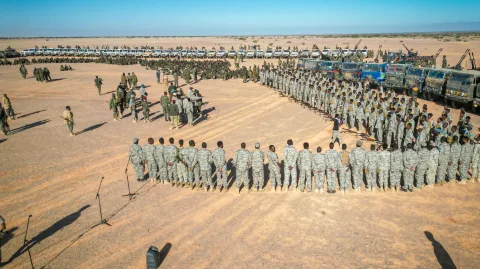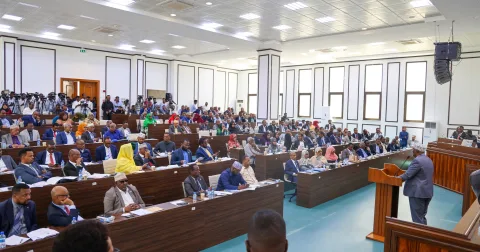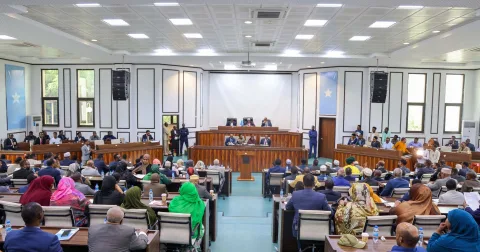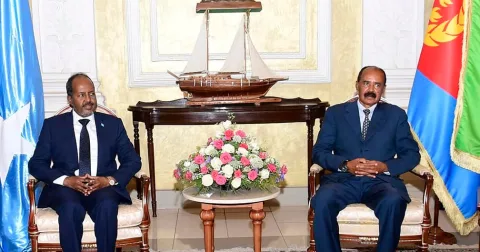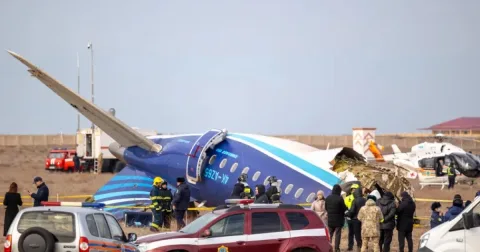There are those who still complain of old men who passed away decades ago and still…
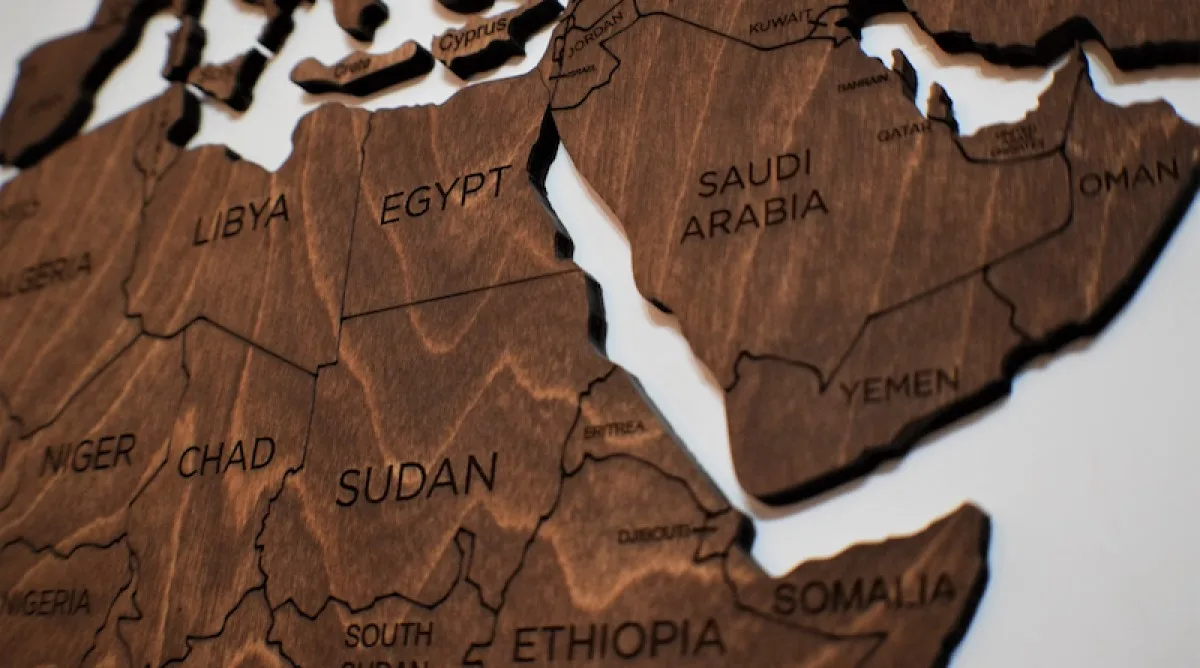
There are those who still complain of old men who passed away decades ago and still blame them their woes and inadequacies and unfortunately most Africans fall into this group. Colonial Europe left some seventy years ago, yet there are those who still blame Europe for their current underdevelopment.
There are still others who have identity problems and cannot truly identify themselves for who they really are, for their fathers and grandfathers were uprooted long ago and installed in a different environment to which they do not belong. Many such people live in the Horn of Africa States, and more particularly Somalia both north and south parts and they see opportunities to show who they really are but cannot still do it for they have lived lies since birth as belonging to differing clans within the region. Unfortunately, they are these people who are causing most headaches in the Horn of Africa States.
I personally believe in a better future for the Horn of Africa States, a region which should be able to accommodate all its people and where life could be converted from the currently hellish nature it is to one of comfort, development and regional growth. However, narrow mindsets, with limited thinking capacity appear to be one of the main obstacles for reaching a general consensus in the region. Pursuit of narrow goals of narrow minds has always been an issue and would probably continue to be so in the near future. This does not, however, negate pursuit of a regional context of issues.
I see a region where some 160 million people, soon to grow to over 200 million people, owning the longest coast in Africa, some 4,700 km and one of the main hydro dams in the continent and hence cheap energy, a geostrategic location such as it is, the Horn of Africa States can truly be a useful member of the world’s nations, where instead of being at the receiving end of charities, it could be a contributor and a helper of those less endowed than it is. Such was the history of the region for it always assisted the countries in West Asia who were in the past less fortunate than the Horn of Africa States.
The highland and lowland divide of the region always lived together and there is no reason they could not live together in peace today without one trampling on the other’s foot. Such is the current attempt of the Ethiopian administration on Somalia’s territory irrespective of the political folies of the Somali. The highland and lowland peoples of the region complement each other for there is no way one can hurt the other without hurting oneself in the long run and the bragging of small and narrow minds should not have been over-emphasized. It is not good for the region and its hungry 160 million people. Everything one group does to the other, good or bad, would eventually boomerang on it.
It does not mean that there cannot be differences between the highland and lowland peoples. There would always be, but these should be managed with care. National security issues or access to a sea or access to cheap hydro energy can only be parts of more complex relationships in the region. These may include addressing educational and health issues, technologies of the 21st century, and the region’s geostrategic location, which exposes the region to other non-regional forces, big and small.
The road embarked on by the Ethiopian administration on Somalia’s territory is not only bumpy but dangerous and it would cause great harm to the people of the region and its economy. The region’s poorly developed budgets would be focused on arms and militaries and would be deviated from education, health and other services the populations need. Agricultural development, livestock, the already limited fishing, and even labor in the small artisanal industries would be severely affected. Trade would be disrupted and people, who are already poor would be impoverished more. What kind of leadership embarks on such perilous journeys? But more dangerously, it would provide a respite for the terror groups operating in the region, who will expand beyond their traditional areas of activity to even inside Ethiopia, and this would provide ample grounds for them.
This would harm the national security of many other nations who have interest in the region such as the major powers – the United States, Europe and even China, which currently has its only foreign naval base in the region. Closer regional powers like Egypt, Turkey, Saudi Arabia and the other West Asian countries who project power these days would also get involved. It would not be in the interest of the Ethiopian administration to become marked as the destabilizing force in the region, instead of the terror groups.
The Nobel Peace prize was given to help the region calm down and not become a force of instability. The region should have become conflict free and peaceful. Maintaining peace is a big responsibility and only a regional mindset instead of single country propositions should have been the clearer path for the region. It still is!

Dr. Suleiman Walhad
Dr. Suleiman Walhad writes on the Horn of Africa economies and politics. He can be reached at suleimanwalhad@yahoo.com.

